|
The Grand Ethiopian Renaissance Dam is a massive project on one of the Nile’s main tributaries, the Blue Nile in Ethiopia. It’s caused major tensions between states served by water from the Nile basin, especially Ethiopia, Egypt and Sudan. But, after rigorous discussions, plans are finally in place that lay the framework for an agreement. Mahemud Tekuya discusses what this should look like.
Lesotho is no stranger to political turmoil, often involving factions of the country’s military. But the latest twists have been in a league of their own. Lesotho’s Prime Minister Tom Thabane has resigned amid a scandal that’s seen his current wife accused of masterminding the murder of his estranged wife in 2017. His resignation means the tiny country seems destined for yet another election: the fourth in eight years. Roger Southall explains all.
More than 2000 cases of the new coronavirus that first emerged in China have been confirmed, with close to 60 deaths. The virus has reportedly spread to five other countries. This is the seventh human coronavirus to be identified since the 1960s. Burtram Fielding writes that this, and similar viruses, are likely to become a greater threat as highly pathogenic coronaviruses continue to spill over from animal sources into the human
population. You can also read more about the outbreak from our sister sites elsewhere in the world.
|
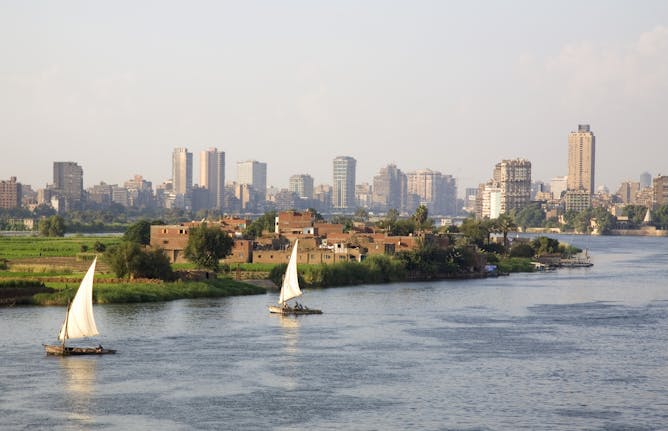
The Nile river in Cairo.
Grant Faint/Getty Images
Mahemud Tekuya, University of the Pacific
Instead of allocating the Nile waters based on a fixed, perpetual water supply Ethiopia, Sudan, and Egypt must consider changes in weather patterns, among other factors.
|
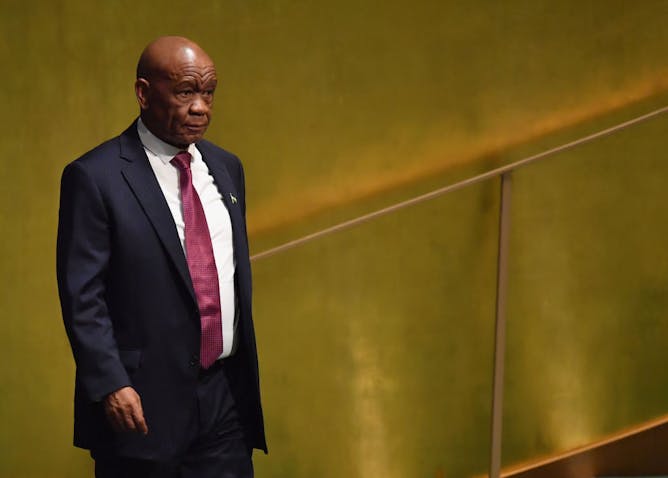
Tom Thabane has resigned as the Prime Minister of Lesotho amid a scandal over his wife’s murder.
Getty Images/Angela Weiss
Roger Southall, University of the Witwatersrand
Since the demand for resources far outmatches the patronage available, Lesotho’s political arena has become brutally competitive.
|
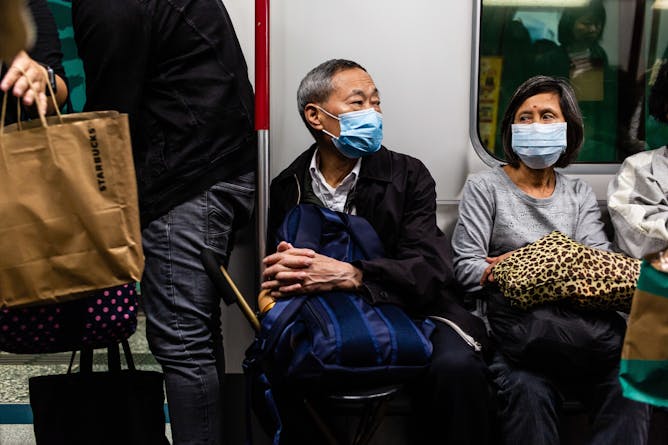
Passengers on a tram in China wear surgical masks to guard against viral infection.
Willie Siau/SOPA Images/LightRocket via Getty Images
Burtram Fielding, University of the Western Cape
Two coronaviruses were identified in the 1960s, and five since SARS in 2003. It is the seventh that is now making headlines.
|
Health + Medicine
|
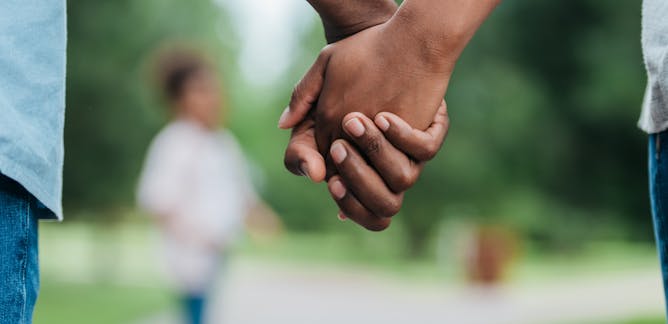
Anthony Idowu Ajayi, African Population and Health Research Center; Meggie Mwoka, African Population and Health Research Center
Students in Nigeria used home remedies to prevent pregnancy after sex and had doubts about the efficacy of medically approved pills.
| |
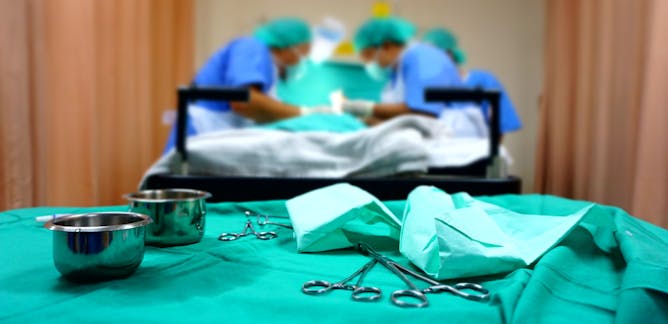
Gwinyai Masukume, University of the Witwatersrand; Witness Mapanga, University of the Witwatersrand
Difficult to understand communication and the somewhat overstated benefits of male circumcision may lead to increased risky sexual behaviour.
|
|
|
Politics
|
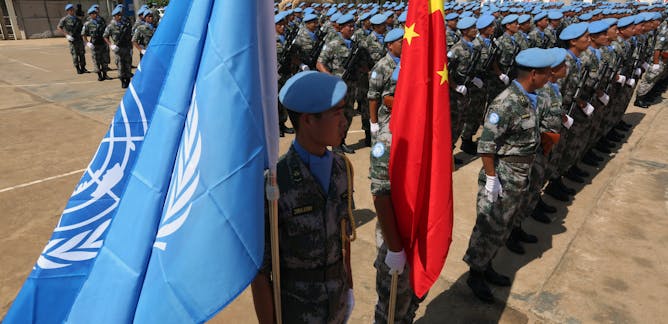
Steven C Y Kuo, University of Pretoria
The Chinese model of peace differs fundamentally from that pursued by western nations.
| |
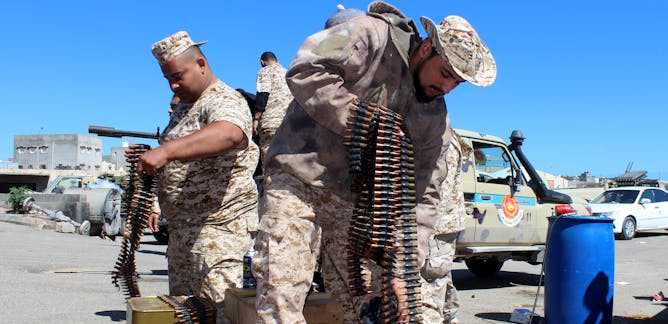
Inga Kristina Trauthig, King's College London
With dozens of international players meddling in Libya, nobody wants to see their side weakened.
|
|
|
From our international editions
|

Roger S. Seymour, University of Adelaide
To understand how much thinking a brain can do, look at how much blood - and therefore how much energy - it uses.
| |
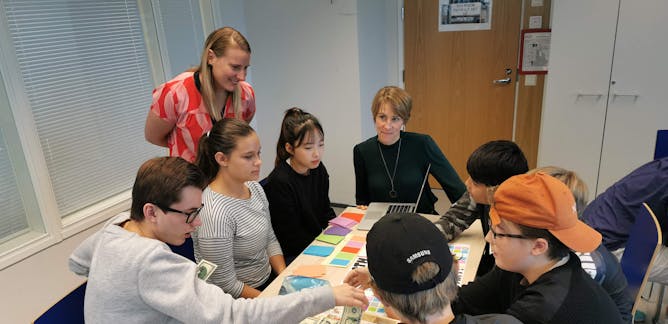
Ellen Heyting, Monash University
My year of buying almost nothing saved me thousands of dollars – but also taught me valuable lessons as a teacher, including about the benefits of failure.
|
|
|